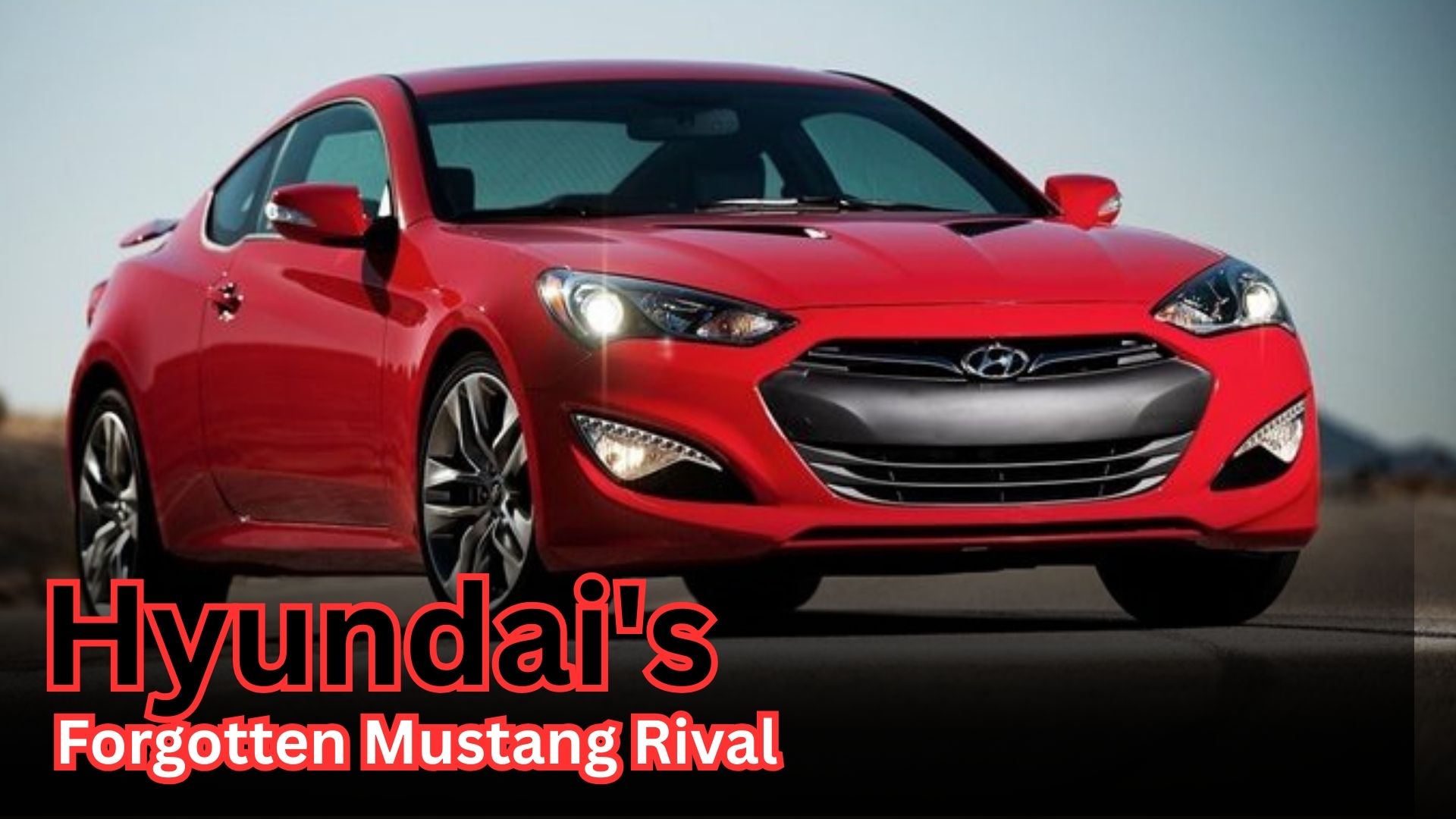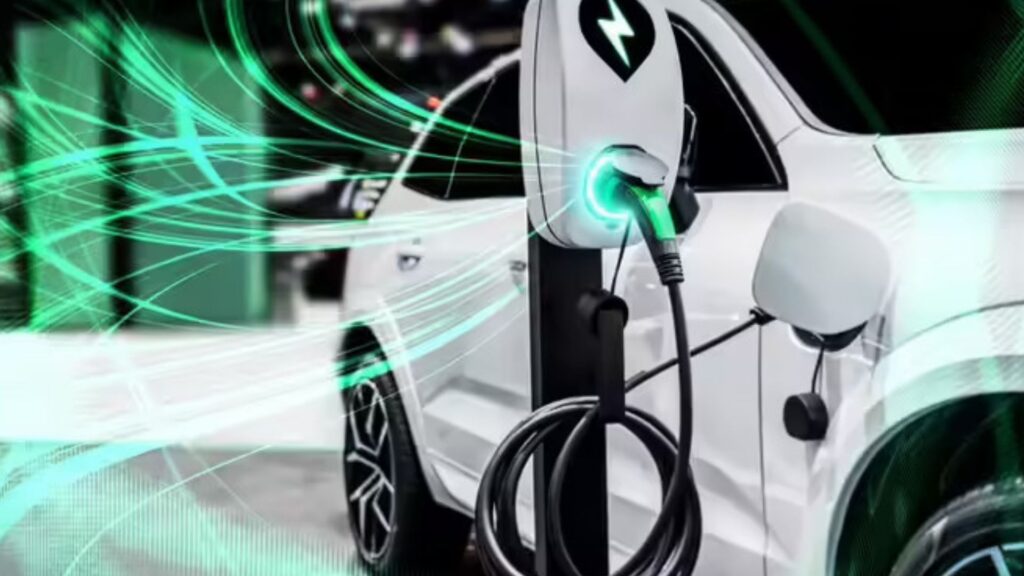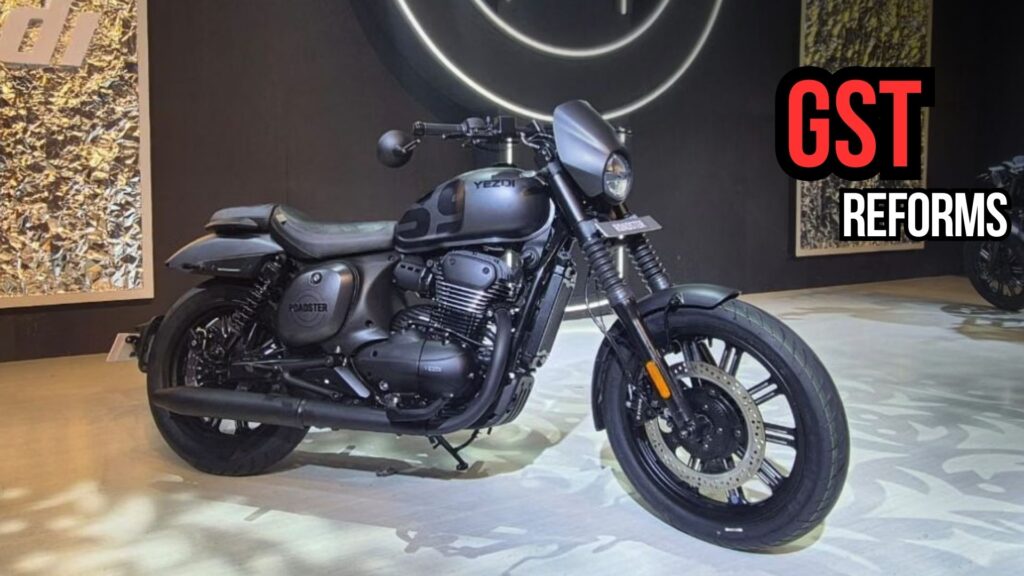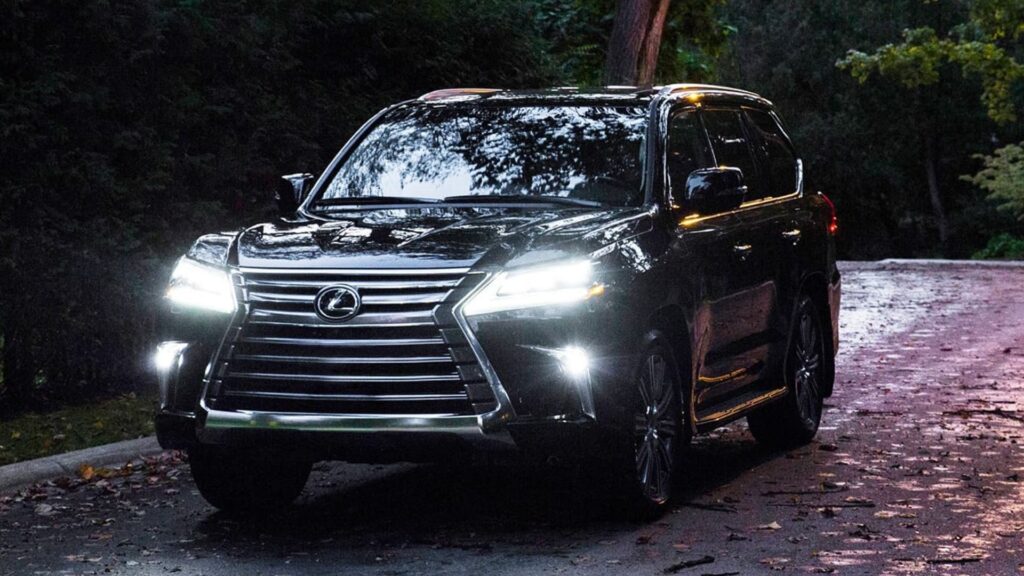When talking about affordable performance coupes, names like the Ford Mustang, Chevrolet Camaro, and Nissan 370Z usually dominate the conversation. But tucked away in the history books lies Hyundai’s attempt at a true rear-wheel-drive (RWD) sports coupe – the Hyundai Genesis Coupe. Though short-lived, discontinued after just one generation, it has since gained cult status as an affordable performance bargain in today’s used car market.

The Genesis Coupe was Hyundai’s bold step into the performance arena, a time when the automaker was making serious strides upmarket. While it didn’t reach the sales success of its rivals, its combination of performance, refinement, and value has made it one of the most overlooked yet rewarding coupes of its era.
Hyundai’s Early Sports Car Attempts

Before the Genesis Coupe, Hyundai’s performance history was far from impressive. Cars like the Scoupe and Tiburon in the 1990s and early 2000s looked sporty but lacked the driving excitement enthusiasts desired. These models prioritized affordability and style over power and handling.
Hyundai realized it needed something more serious to compete with global sports car icons. The company’s push upmarket in the late 2000s, starting with the Genesis sedan, set the stage for a true performance coupe.
Short Summary
Feature |
Details |
|---|---|
Model |
Hyundai Genesis Coupe |
Production Years |
2010–2016 |
Engines |
2.0L Turbo I4, 3.8L V6 |
Power Output |
210–348 hp |
Drivetrain |
Rear-wheel drive |
Reliability |
3.5/5 (RepairPal) |
Price Range (2025) |
$10,000–$20,000 |
Best Trim |
R-Spec |
Official Site |
The Arrival of the Genesis Coupe
Unveiled in 2008 and launched for the 2010 model year, the Hyundai Genesis Coupe was a game-changer. It featured:
-
A rear-wheel-drive chassis shared with the Genesis sedan (shortened M1 platform).
-
Multiple engine choices, including Hyundai’s first turbocharged engine in North America.
-
A lightweight yet stiff structure, 24% stiffer than the E46 BMW M3 according to Hyundai.
-
Aggressive styling that signaled Hyundai’s ambitions in the performance space.
The car debuted with flair at the 2008 New York International Auto Show, including an indoor drift display set to classic rock, showing Hyundai was serious about appealing to enthusiasts.
Engine Options and Performance
The Genesis Coupe was offered in two main engine configurations across its production run:
Model Years |
Engine |
Horsepower |
Torque |
Notes |
|---|---|---|---|---|
2010-2012 |
2.0L Turbo I4 |
210 hp |
223 lb-ft |
Lighter, tunable |
2010-2012 |
3.8L V6 |
306 hp |
266 lb-ft |
Smooth power, strong acceleration |
2013-2016 |
2.0L Turbo I4 |
274 hp |
275 lb-ft |
Significant power boost |
2013-2016 |
3.8L V6 |
348 hp |
295 lb-ft |
More refined, very quick |
The facelift in 2013 gave the coupe more aggressive styling, a higher-quality interior, and a big jump in horsepower for both engines. Transmission options included a 6-speed manual or automatic, with the 2013 update bringing an 8-speed automatic for both engines.
Driving Dynamics
Unlike American muscle cars, the Genesis Coupe delivered handling characteristics closer to Japanese rivals. Its light weight (just under 3,200 pounds in base trim) and rigid chassis gave it precise handling.
The 2.0L turbocharged model is considered the more driver-focused choice thanks to its lower weight, making it ideal for autocross and track enthusiasts. The 3.8L V6 delivers more raw performance and is regarded as the more reliable option for high-mileage use.
The R-Spec Advantage
For enthusiasts, the R-Spec trim is the one to look for. It added:
-
Track-tuned suspension
-
Brembo brakes
-
Torsen limited-slip differential
-
19-inch wheels
-
Unique styling cues
These features transformed the Genesis Coupe into a genuinely capable track car right out of the box.
Reliability and Ownership Costs
The Genesis Coupe scores reasonably well in reliability. RepairPal gives it a 3.5/5 reliability rating with average repair costs around $621 per year, slightly below the industry average.
Common issues reported include:
-
Timing chain problems
-
Paint defects
-
Airbag and ABS-related recalls (check recall history before purchase)
As with any performance car, diligent maintenance records are key when buying used.
Current Market Value in 2025
One of the biggest attractions of the Genesis Coupe today is its affordability.
-
High-mileage examples: around $10,000
-
Low-mileage, well-kept models: $18,000–$20,000
Prices have been creeping upward in recent years as enthusiasts rediscover the model’s potential, especially for tuning.
Alternatives to the Genesis Coupe
For under $20,000, other RWD performance coupes to consider include:
-
Ford Mustang (2015-2023 EcoBoost or V6) – More refined than earlier live-axle models.
-
Chevrolet Camaro (2010–2015 V6) – Strong power but heavy and limited visibility.
-
Nissan 370Z (2009–2020) – Similar size and power, though interior feels dated.
-
Toyota 86 / Subaru BRZ (2012–2020) – Lightweight, agile, but underpowered.
-
Mazda MX-5 Miata (2006–2015) – Best handling, convertible, but only two seats.
Why It Failed in Sales
Despite its strengths, the Genesis Coupe never achieved mainstream success. US sales peaked at just over 14,000 units in 2011, but steadily declined to fewer than 5,000 units in 2016.
Hyundai’s focus soon shifted to building its Genesis luxury brand, and no successor was ever launched despite the promising HND-9 concept coupe in 2013.
Frequently Asked Questions
Q1: Is the Hyundai Genesis Coupe reliable?
A. Yes, it is reasonably reliable compared to other sports cars. Regular maintenance is essential, and the V6 models tend to be more dependable over higher mileage.
Q2: What is the best engine option?
A. The 2.0L turbo is lighter and more tunable, while the 3.8L V6 offers more power and smoother performance. Both have strong enthusiast support.
Q3: Why was the Genesis Coupe discontinued?
A. Sales declined, and Hyundai shifted focus to launching the Genesis luxury brand. No direct successor has been produced.
Q4: What is the resale value today?
A. Prices range from $10,000 for higher-mileage models to around $20,000 for low-mileage, well-maintained examples.
Q5: Is the Genesis Coupe better than a Mustang or Camaro?
A. It depends on your priorities. The Mustang and Camaro have stronger muscle car heritage, but the Genesis Coupe offers refinement, lighter weight, and often better value in the used market.
For More Information Click HERE






